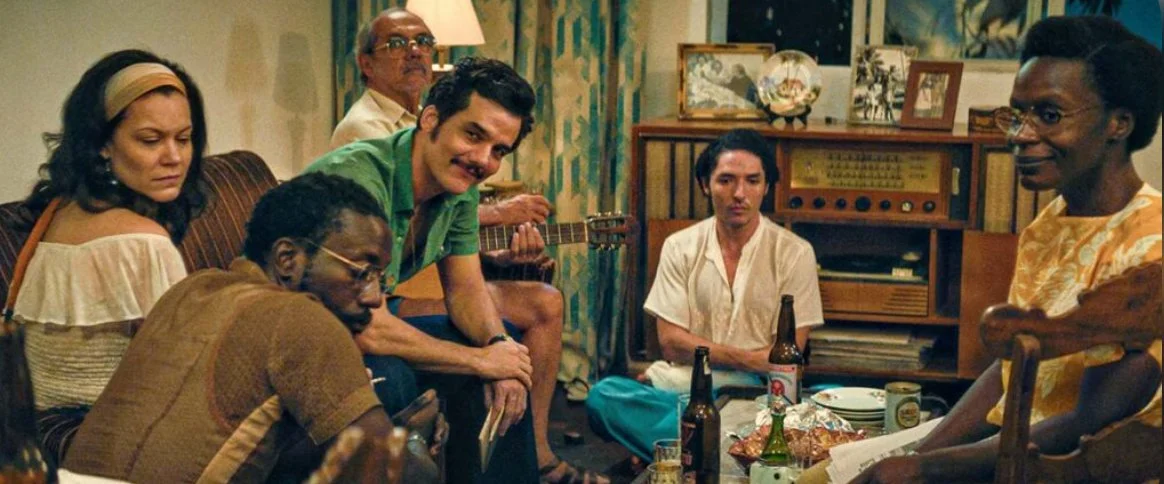The reviews are positive, but very subdued for Hirokazu Kore-eda’s “Monster.” And for good reason.
It’s rather mush in terms of its sentimentality. It mostly works, but is also another letdown from him after “The Truth” and last year’s “Broker.”
A humanist at heart, Kore-eda attempts a Rashomon-style film consisting of child actors, and a few adults. It actually bears a striking resemblance to last year’s “Close,” another queer-themed film that also tried too hard to tug at the heartstrings.
Returning to his native Japan, Kore-eda opens the film with a building on fire. Who caused the incident? Is it fifth-grader Minato (Kurokawa Soya)? The seemingly troubled 11-year-old lives with his single mom Saori (Ando Sakura), who suspects he’s being physically abused by his schoolteacher Mr. Hori (Nagayama Eita). The actual truth of the matter turns out to be convoluted.
Kore-eda tells his story three separate times over the course of the film, from a different point of view each time: Saori’s, Minato’s and his best friend Yori’s. The goal is to have the viewer come up with incorrect conclusions each and every time. Kore-eda wants us to be guilty of false assumptions, just like its characters.
The problem is that the narrative plot device being used here distracts us from the film’s themes. It keeps shapeshifting at every turn but cannot find the proper groove to let us in.
Yes, “Monster” is complex but it’s also predictable and flimsy in the way it tries to bring redemption to its central characters. The purposeful way it refuses to make us understand everything, until its final stretch, is frustratingly oblique.
Of note, this is the late Ryuichi Sakamoto’s last composition — a crushingly emotional piano-tinged score that ends up being one of the highlights of this messy film. [B-]





